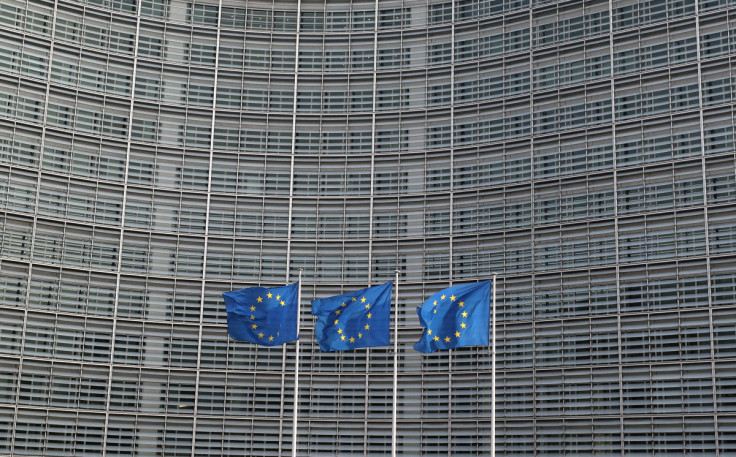EU Eyes Oil Price Cap, More High-tech Export Curbs In New Russia Sanctions -sources

The European Union is looking at an oil price cap, tighter curbs on high-tech exports to Russia and more sanctions against individuals, diplomats said on Thursday, in response to what the West condemned as a new escalation in Moscow's war in Ukraine.
The 27-nation EU was spurred into action by President Vladimir Putin's nuclear rhetoric on Wednesday, announcement of a partial mobilisation for the war and support for plans to effectively annex parts of east Ukraine.
EU foreign ministers agreed at an ad hoc meeting to prepare new sanctions against Russia, and the bloc's top diplomat said they would consist of "economic and individual" measures.
The head of the EU executive, European Commission President Ursula von der Leyen said they would include "additional export controls on civilian technology", according to CNN.
Three EU diplomats in Brussels said new sanctions would centre around an oil price cap to match that agreed by the G7.
"We also fully expect more individual listings," said one of the diplomats, who all spoke under condition of anonymity.
Some of the sources pointed to a list drawn up by Putin's most prominent domestic critic - the jailed anti-corruption campaigner Alexei Navalny - of 6,676 people he called "bribetakers and warmongers" as fodder for the EU's own blacklist, which to date includes 108 entities and 1,206 individuals.
Some countries want to target relatives and close aides of those already sanctioned over circumventing current measures.
EU countries have also yet to agree to recognise such bypassing of sanctions as a criminal offence inside the bloc.
They will equally have to decide what to do with Russians fleeing conscription after the three Baltic nations in the EU's east said they would not offer refuge. Finland and Poland have also been restricting Russian arrivals but the EU as a whole has so far rejected a blanket travel ban.
FRAGILE UNITY
It was not immediately clear, however, what impact any oil price cap would have given that the EU has already agreed an oil embargo due to take effect by the end of the year, albeit with exemptions, including for Hungary.
Further curbs on luxury goods exports to Russia are also on the table, while the bloc's Russia hawks sought a ban on Russian diamonds and confiscation of Russian assets in Europe.
Others, however, warned the latter was unlikely to get the necessary unanimous backing of all EU countries.
Germany, the EU's economic powerhouse, has so far barred tougher economic restrictions, while Hungarian Prime Minister Viktor Orban - who cultivates close ties with Putin - said on Thursday all the sanctions should be scrapped.
"I don't know how rapidly we can agree on new sanctions," said an EU official, noting resistance to more punishment of Moscow by some member states could slow things down.
The European Commission is expected to present next week a written proposal, and the 27 EU national leaders might approve it when they meet in Prague on Oct.6-7, said the sources.
© Copyright Thomson Reuters 2024. All rights reserved.











